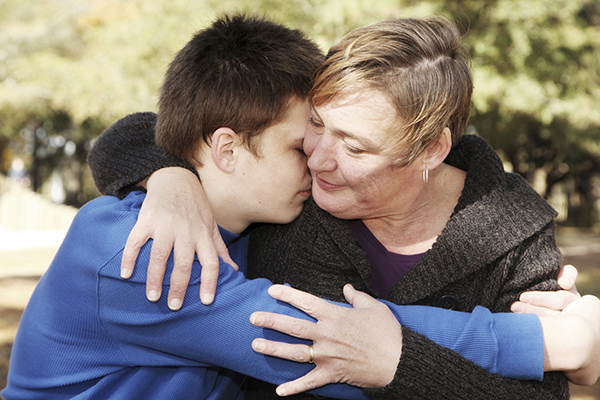KVC West Virginia Selected to Help Children Through New Safe at Home Program

KVC West Virginia, the largest private provider of foster family support services in the state, has been selected to help children through the state’s new “Safe At Home West Virginia” program. Safe At Home is an initiative of the West Virginia Department of Health and Human Resources Bureau for Children and Families. Its aim is to maximize the benefits of home and community-based services for children in out-of-home care, in conjunction with providing behavioral and mental health services, in order to reduce the use of congregate and out-of-state care.
See official WV DHHR announcement: DHHR Launches Safe at Home West Virginia
Click here to learn how you can join our innovative team!
The state of West Virginia has a high rate of children entering out-of-home care such as foster care each year; 8.6 per 1,000 children in the population, which is nearly three times the national entry rate of 3.3. The state also cares for 71 percent of youth ages 12-17 in congregate care which is shown by research to have negative developmental impacts. According to The Annie E. Casey Foundation, “Congregate care needs to be understood and utilized only as a short-term intervention … behaviors can usually be de-escalated in three to six months, when the child can be returned to a family setting.” (“Right-Sizing Congregate Care” report, 2010, available at www.aecf.org)
By providing wraparound services to children, the state’s goal is to help children living in congregate care settings to safely return to their home communities and ultimately to their own families.
KVC West Virginia was selected to add eight new Wraparound Facilitators, full-time staff positions that will help implement Safe at Home. These eight are out of a total of approximately 52 total positions in the state. KVC is currently seeking highly-qualified people to fill the positions at www.kvc.org/careers.
KVC has a strong track record of right-sizing congregate care of children, integrating trauma-informed care and increasing community-based care options such as foster families. The nonprofit organization is a subsidiary of KVC Health Systems which provides child welfare and behavioral healthcare services in multiple states. When KVC began providing foster care case management services in Kansas in 1996, 30% of children were in congregate care placements. Today the national average is 14%, yet less than 4% of children KVC serves in Kansas live in congregate care. Of those few that do live in a congregate/residential care setting, most are there for the specific purpose of receiving acute psychiatric treatment.

Brent Lemon
“We are thrilled to help implement Safe at Home West Virginia because keeping children safe and at home is truly our passion,” said Brent Lemon, president of KVC West Virginia. “Our focus is on keeping children safe and connected with people who care about them. This is evidenced by our Safe & ConnectedTM integrated child welfare practice model which we’ve implemented internally and shared with our community partners over the last two years. KVC is excited about partnering with the state to help achieve the goals of this program.”
More information about Safe at Home West Virginia is online at http://www.wvdhhr.org/bcf/safe/.

About KVC West Virginia
KVC West Virginia, headquartered in Charleston, is a private, nonprofit 501(c)3 organization that each year cares for nearly 600 children in foster families, matches dozens of children with adoptive families, and provides nearly 500 clients with in-home behavioral healthcare services such as therapy. The organization works closely with the WV Department for Health and Human Resources and others to develop community-based services for the betterment of children and families. KVC is a state-licensed child placing agency and behavioral healthcare provider with 8 office locations serving 26 counties. KVC West Virginia is a division of KVC Health Systems, a national leader in providing innovative, effective and compassionate care. KVC is accredited by The Joint Commission. Learn more at www.kvcwv.org.